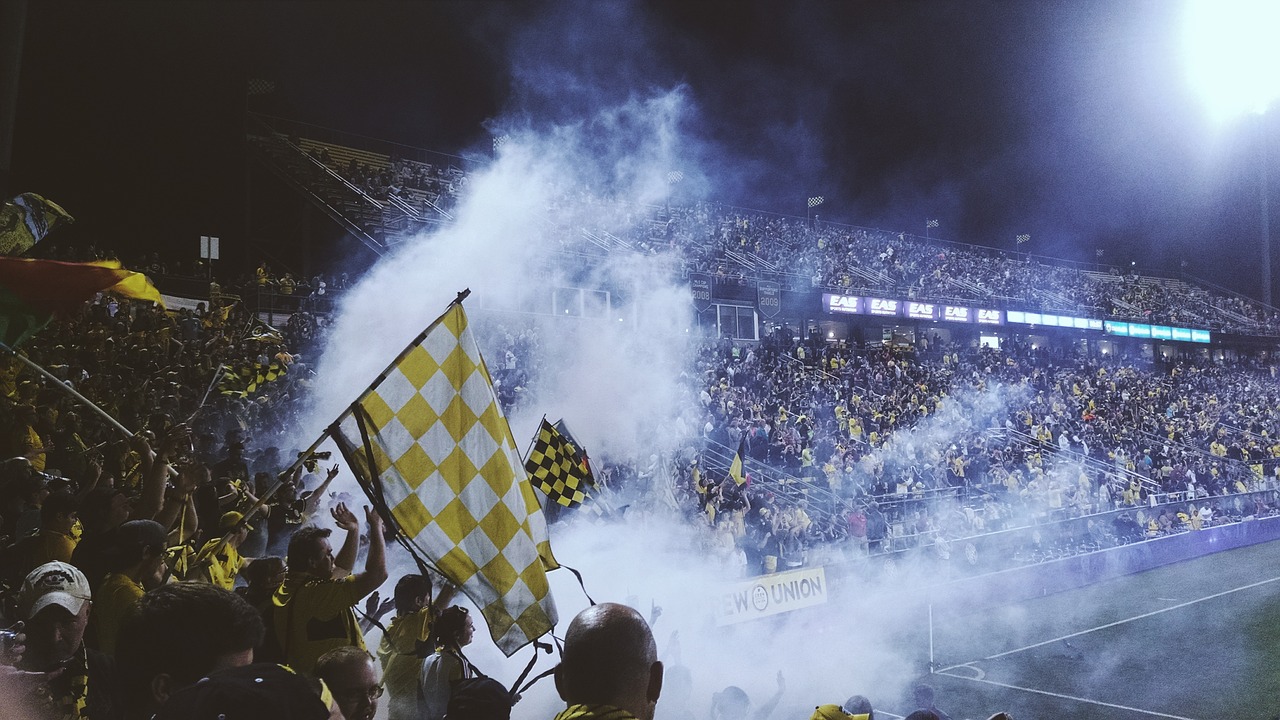In games across the globe, footballers have to deal with racial insults both on and off the pitch, prompting fans to ask whether officials are doing enough to prevent it.
Back in the 1970s, there was a clear minority of individuals from a Black heritage in the football, varying from professional players to coaches and referees. Fortunately, nowadays the landscape of football is far more multicultural.
However, during some fixtures, Black players are still subjected to discrimination on the pitch, leading to many players refraining from using social media in a protest to the vile trolling they receive, all due to the colour of their skin.
Viv Anderson, the first Black footballer to play for England, claims there has not been a significant evolution since the 20th Century, despite many laws being passed which promise racial equality. Whilst discussing the lack of Black coaches in the Premier League, he told Newsroom that ‘nothing has changed in about 20 years.’
As an Italian student, it is significant to mention the incident involving Inter-Milan striker Romelu Lukaku, who, during the Serie A match “Cagliari-Inter”, received a huge amount of racial chants in the stadium. At the end of the match, he posted on the social media site Facebook “We are in 2019. Instead of going ahead, we are reversing”.
Inter’s supporters immediately protested, arguing for lifetime bans for Cagliari’s fans. Nevertheless, we must not forget that some of the same fans discriminated against Napoli’s centre back, Kalidou Koulibaly, last year.
Undoubtedly, it is a shame that in today’s society, racism is still a huge problem. Perhaps we need to tackle this problem not just in Black history month, but highlight the issue on a wider scale, throughout the year.

